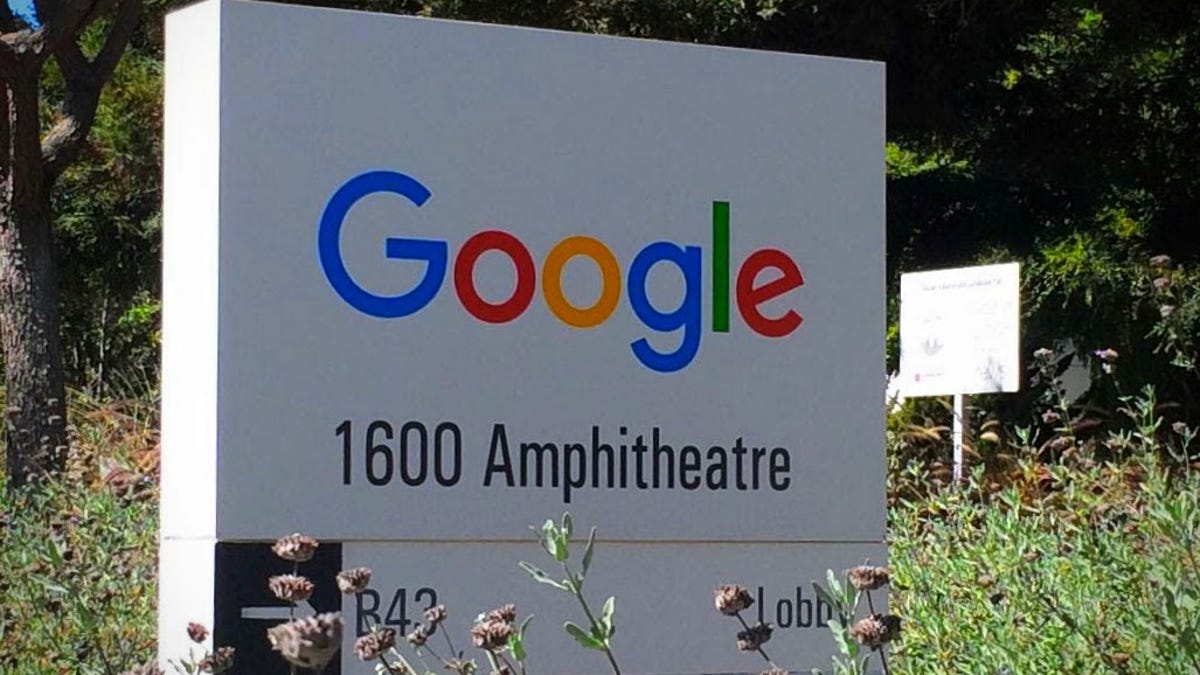Alphabet beats estimates with Nest in Google fold
Monday's earnings story is about a sales and profit boost. The question is how much did Nest smart home devices and an investment in Uber play into the results.

Google headquarters in Mountain View, California.
Alphabet, Google's parent company, started the year off strong, reporting sales and profit Monday that topped analysts' expectations in the first quarter. It's got advertising demand to thank for much of that upside.
But the roles that the Nest smart home device maker, along with an investment in Uber, played in its gains are still a little tricky to tell.
After announcing it was reuniting Nest with Google, Google parent company Alphabet said it's tweaked the way it reports earnings. Nest's sales moved out of the "Other Bets" category, which includes projects like self-driving cars and smart contact lenses, and into Google's "Other Revenue," which includes the cloud division.
Without Nest, "Other Bets" revenue rose 14 percent to $150 million, while the loss in that group narrowed to $571 million from $703 million.
Including Nest, Other Revenue rose 36 percent to $4.35 billion from $3.21 billion a year ago.
Anthony DiClemente, an analyst with Evercore, estimates Nest is a $750 million a year business. The research firm doesn't break down the estimate by quarters, but says it's heavily weighted to the holiday sales quarter.
The snapshot of Nest's financials comes as Google is doubling down in its war against Amazon for the future of the smart home. People will spend over $50 billion on smart home tech in 2022 -- up from $31 billion this year -- according to Statista. But right now the gateway drug is smart speakers. Amazon dominates that world with its Echo devices, owning 69 percent of the market. Google Home, the search giant's Echo competitor, is far behind with 31 percent, according to a report by Consumer Intelligence Research Partners.
By rejoining Google, the biggest part of Alphabet's business -- which includes search, Gmail and YouTube -- Nest becomes part of the effort to get more machine learning and artificial intelligence into smart home products. That includes Nest's $250 connected thermostat and $120 smoke detector.
Last year, Nest sold more products than it did in the previous two years combined, Google CEO Sundar Pichai said Monday during a conference call with analysts.
"The opportunity is clearly there," he said, regarding Google's consumer hardware efforts. "We're going to lean into it."
Overall, Alphabet continued to rake it in. In the first three months of 2018, Alphabet tallied $31.1 billion in sales, beating analyst estimates of $30.3 billion. Earnings per share were $13.33, which included $3.40 because of the way its now counting "unrealized" gains in startup investments, such as Uber, according to Reuters. Analysts had expected $9.33.
The shares were basically unchanged in late trading. They closed Monday at $1,067.45.
Uber's impact, Nest's journey
While the name Uber didn't appear in Alphabet's earnings, the company's investment in the ride-hailing service may have given it a boost. Because of new accounting rules, Alphabet now reports the current fair value of its stakes in other companies, including startups. On Monday, Alphabet reported a gain $3.03 billion.
That sum isn't all Uber, but analysts think it may account for a sizable chunk.
Google invested $258 million in Uber in 2013. Alphabet also received a 0.34 percent stake in Uber after settling a lawsuit with it in February over the alleged theft of self-driving car tech. At the time of the settlement, analysts estimated Uber's value at $72 billion.
But some analysts have questioned that valuation. Uber in December sold a 20 percent stake in its business to a consortium led by Japanese internet giant SoftBank Group -- making SoftBank Uber's largest shareholder. The shuffling of the shares reportedly dropped Uber's value from about $68 billion to $48 billion. Uber is still a private venture-backed company, but its CEO, Dara Khosrowshahi, said he plans to take it public by 2019.
Uber didn't immediately return a request for comment.
Then there's Nest, which Google bought in 2014 for more than $3 billion. The move was a play to help infuse the search giant with more hardware sensibility by bringing in Nest co-founder Tony Fadell, a former Apple executive known as the "Godfather of the iPod."
But Google announced a bombshell restructuring a year later, organizing itself under an umbrella company called Alphabet. The company split Google's main internet businesses from its experimental projects, like its venture capital arm GV and life sciences effort Verily.
Nest was supposed to be the prototypical "Other Bet."
The company reversed course with Nest two months ago, bringing it back into Google's fold. Now the device maker is part of Google's consumer devices division, run by hardware chief Rick Osterloh, who also oversees the company's Pixel phone and Google Home speaker.
CNET's Dara Kerrr contributed to the story.
First published April 23 at 1:25 p.m. PT.
Update at 1:45 p.m. PT: Adds gains from investments in private companies; and at 2:20 p.m. PT: adds background on Uber.
The Smartest Stuff: Innovators are thinking up new ways to make you, and the things around you, smarter.
Special Reports: CNET's in-depth features in one place.

